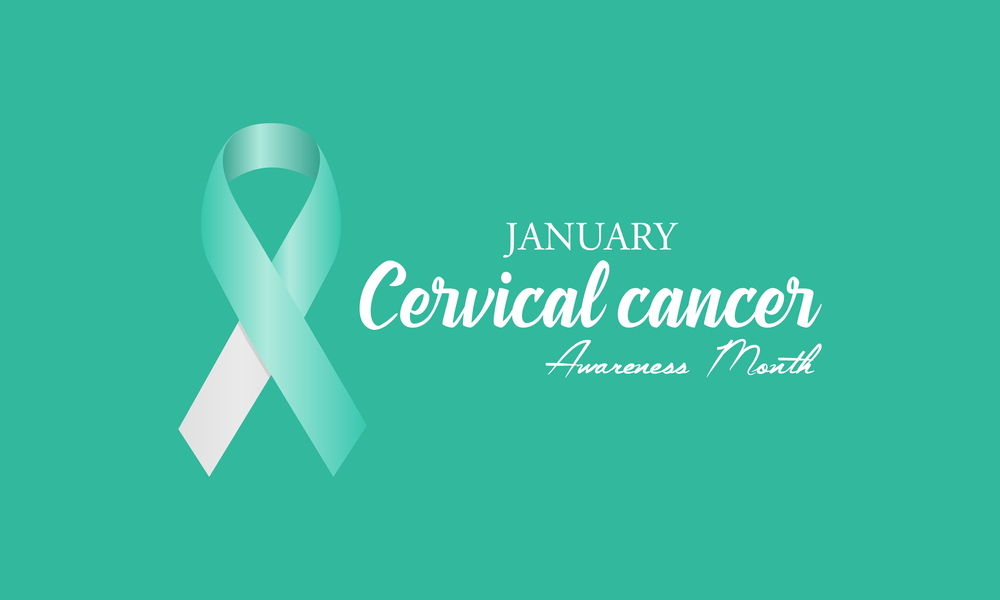Courtesy of Roswell Park Cancer Talk
Cervical cancer screening has had a significant impact in decreasing deaths due to cervical cancer. Routine screening with cervical cytology (Pap test) and/or HPV testing help detect precancerous conditions enabling early treatment or prevention. The two cervical cancer screening tests currently being performed take place in your doctor’s office by collecting cells from the cervix. The tests are fast, easy, and part of routine well-woman healthcare visits. The Pap test examines cervical cells for abnormal changes and the HPV test examines cells for human papillomavirus (HPV), both of which cause cervical cancer.
U.S. Preventive Services Task Force guidelines and other organizations recommend that women begin cervical cancer screening at age 21 and undergo a Pap test every three years if results are normal. From age 30 through 65 patients should undergo HPV/cervical cytology co-testing every five years if results are normal. However, those with a history of abnormal results require more frequent screening. Also, women who received the HPV vaccine still need cervical cancer screening, because the vaccine prevents infection with most, but not all HPV strains commonly associated with cancer.
The American Cancer Society revised their guidelines recommending that screening begin at age 25 instead of 21, and using HPV testing as the primary screening test, with a later Pap test if HPV infection is found. Roswell gynecologist oncologist Katherine LaVigne Mager, MD, says the reason for the change is that when you review new cervical cancer cases in the U.S., patients aged 20 to 24 make up less than 1% of those cases, but their rate of transient HPV infections is very high. This results in finding and treating many abnormalities that have a very low likelihood of becoming cervical cancer. “For most patients, HPV infections and cell changes clear up and resolve, and delaying routine screening for four years could help avoid unnecessary interventions,” says LaVigne.
Compared to the Pap test, the HPV test provides a newer testing method. Dr. Mager says, “As we have learned more about the relationship between the HPV infection and the development of cervical cancer, it has become very clear that HPV status is very important. While there are some rare types of cervical cancer not associated with HPV infection, the vast majority are. If you have negative HPV testing, we know that the likelihood of having abnormal cells on your cervical cytology is extremely low. HPV positivity or infection with a high-risk strain of HPV is what will increase your risk of the development of cervical cancer.”
The new guidelines help fine-tune and balance benefits of screening with risks of more interventions. While the American Cancer Society has proposed these guidelines, other national organizations have not yet done so. “National cervical cancer screening guidelines are still in a period of adjustment, so don’t be worried if your doctor recommends earlier screening or a Pap test as both screenings are safe and effective. Most importantly, if you have delayed your doctor’s appointments or are ignoring any lingering symptoms, now is the time to act,” says Dr. Mager.
Learn more and make an appointment at www.roswellpark.org/cancer/cervical/screening-prevention or call 1-800-ROSWELL.











